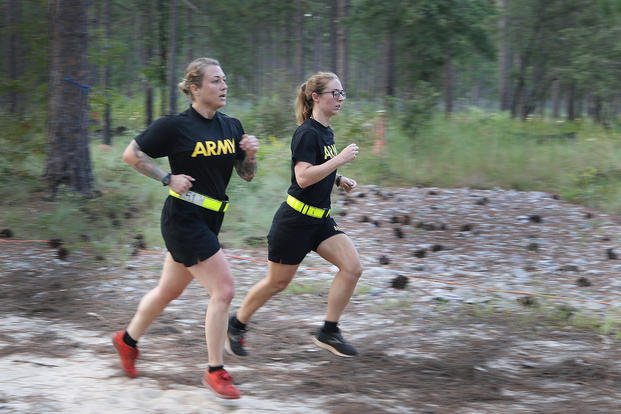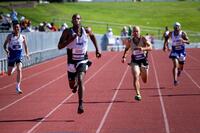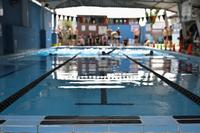When I start one of my "Ask Stew" answers with "It depends," there are several reasons why. Usually, this response answers a question that lacks the specific information that would allow a personalized reply.
Giving general advice and suggesting a generic workout may or may not be the best answer. There is definitely no "one size fits all" approach when it comes to exercise or even dieting, for that matter.
Here is a list of follow-up questions that may help the person you are seeking advice from to give you a better answer.
1. It depends. What is your goal?
Whether your goal is passing a military fitness test, getting through a challenging military school, building a stronger bench press, losing weight or doing your first pull-up, the range of fitness is nearly infinite. Without describing these goals, no generic answer is going to be a reliable solution for you. When you ask for assistance, the goal should be to get a personalized approach to how you should train.
2. It depends. What is your current fitness level?
Before you take a test, give yourself a sample test to learn your strengths and weaknesses. Knowing that you are good or bad at certain events when you do them in the order of the official test is absolutely essential.
This pre-test will determine whether you need to focus on calisthenics and cardio, swimming lessons or running. If you've already mastered the techniques for these events, success can be just a matter of conditioning, and you simply need to get into better shape, lose or gain weight, or get stronger.
3. It depends. What is your athletic history?
Sharing your athletic history helps someone understand how experience can shape your training strengths and weaknesses. We all bring a set of skills to the table when preparing for challenging tactical fitness goals.
When sharing your background, also include injury history, since that could limit your progress with high-volume calisthenics, progression of running or rucking miles, swimming, and even whether you need a lifting cycle before you start this journey.
If you usually classify as a strength athlete, you will do well with the strength activities. An endurance athlete does well with the cardio and calisthenics events. A small number of candidates are hybrid or multi-sport athletes who are already good at everything.
4. It depends. What equipment and facilities do you have available?
Do you have weights, a pool, a place to run, pull-up bars or a home gym with only a few dumbbells? The equipment you have will drive how you train and how much you may need to invest in equipment or pool or gym memberships. You may have to budget for time traveling to a place to run such as a track, trails, beach or hills, etc.
5. It depends. How much time can you train?
Depending on how many days a week you are available to train and time per day, the answer can vary. Being able to train 30 minutes versus 4 hours a day is a wide range of time that will direct your training program. Your ability and current conditioning also may drive how much time per day you are able to train. One person's warmup can be another person's workout.
If you thoroughly understand the details of not only your goals but your strengths and weaknesses, you may be able to get a logical solution for training with an estimated timeline. Getting fit is more than finding a generic workout online, in a magazine, or a book. Even if that generic program specifically addresses your future goals, it may not be the starting point you need just yet. You may have to personalize a workout you want to try to fit your goals, current fitness level, ability, facilities and equipment, time per day, days per week available to train, and timeline.
My final piece of advice is not to set an arbitrary timeline for performance-based fitness goals like a PT test or preparation for spec ops selection. Instead, set a performance starting line so you work toward the level you need to be able to meet and exceed the standards set in front of you on what is typically a very long and challenging journey. Once you've defined your plan, start the process of recruitment, military training and entering the training pipeline that will get you to your goal.
-- Stew Smith is a former Navy SEAL and fitness author certified as a Strength and Conditioning Specialist (CSCS) with the National Strength and Conditioning Association. Visit his Fitness eBook store if you're looking to start a workout program to create a healthy lifestyle. Send your fitness questions to stew@stewsmith.com.
Want to Learn More About Military Life?
Whether you're thinking of joining the military, looking for fitness and basic training tips, or keeping up with military life and benefits, Military.com has you covered. Subscribe to Military.com to have military news, updates and resources delivered directly to your inbox.


















